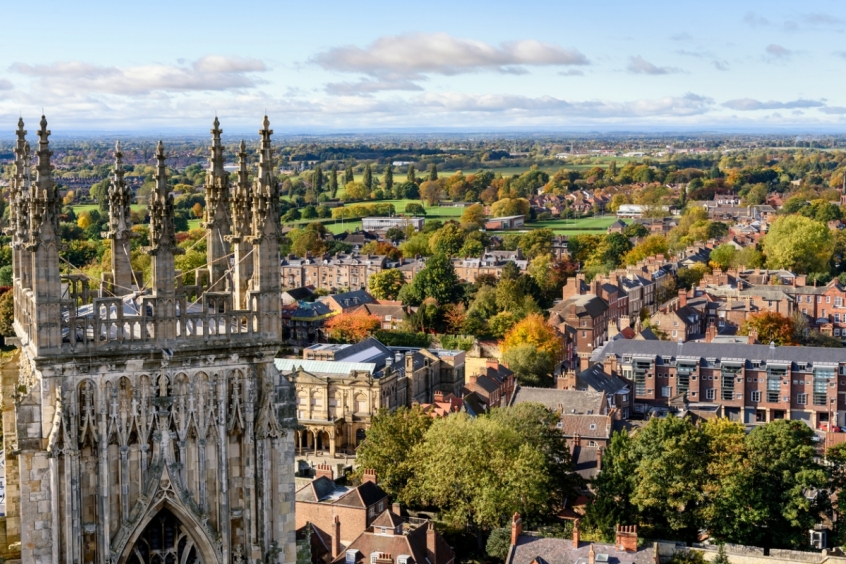
A report has been published today outlining the steps the Church of England must take to improve its safeguarding track record and ensure it is fully independent.
The Future of Church Safeguarding, by Professor Alexis Jay, former Chair of the Independent Inquiry into Child Sexual Abuse (IICSA), identified "shortcomings" with current safeguarding arrangements, including a lack of independent scrutiny and trust between the Church and victims.
The report said that the Church "needs to take action urgently to restore trust and confidence in its safeguarding by victims, survivors, those wrongly accused and the general public".
While some improvements have been made, the report concluded that "overall Church leaders have failed to allay suspicions and belief that the underlying intention of the Church is to retain control of safeguarding inside the Church, and to protect its reputation".
With accountability lying within individual dioceses, it warns that the current system is inconsistent and "not compatible with best practices".
"The dioceses are largely autonomous, and each may interpret guidance, definitions of safeguarding and professional practice in its own way, leading to wide variations across the Church," the report reads.
"Bishops, other clergy and church officers, with little safeguarding knowledge or experience manage safeguarding on a daily basis and take important, often life-changing decisions. This underlines the need for change to be far-reaching."
The report was commissioned by the Archbishops of Canterbury and York last year after a furore broke out over the dissolution of the Church of England's Independent Safeguarding Board (ISB) and the dismissal of its two board members.
Professor Jay said the debacle "marked a further deterioration in the Church's relations with victims and survivors".
Other weaknesses identified in the report included a lack of adequate funding or uniform complaints system, "poor" data collection, and varying interpretations of existing guidance.
For those who were being complained about, "the impact of being wrongly recorded as a 'safeguarding risk' often placed them on a path that could devastate their lives, in some cases losing their livelihood, their accommodation and their faith community".
The report recommends the creation of two separate charities, one for independent operational safeguarding and the other for independent scrutiny of safeguarding.
"Overall, Church safeguarding falls below the standards expected and set in secular organisations," the report said.
"We concluded that the only way in which this can be addressed is by making safeguarding of children and vulnerable adults truly independent of the Church.
"Further tinkering with existing structures will not be sufficient to make safeguarding in the Church consistent, accountable and trusted by those who use its services."
In a statement the Archbishop of Canterbury, Justin Welby and the Archbishop of York, Stephen Cottrell said: "The Church is committed to the highest standards of safeguarding as it carries out its work in every community across the country, every day of the year. The workings out of the report from Professor Jay will provide a vital next step as we move forward.
"We thank Professor Jay and her team for this fully independent report, and the wisdom, expertise and meticulous proposals contained within it. We recognise her criticism of our safeguarding structures and processes and we welcome this scrutiny and challenge.
"For the sake of all those who come into contact with the Church, particularly victims and survivors, we welcome the plans that are in place to take forward this work as swiftly as possible to give everyone confidence and trust in our structures and processes."













